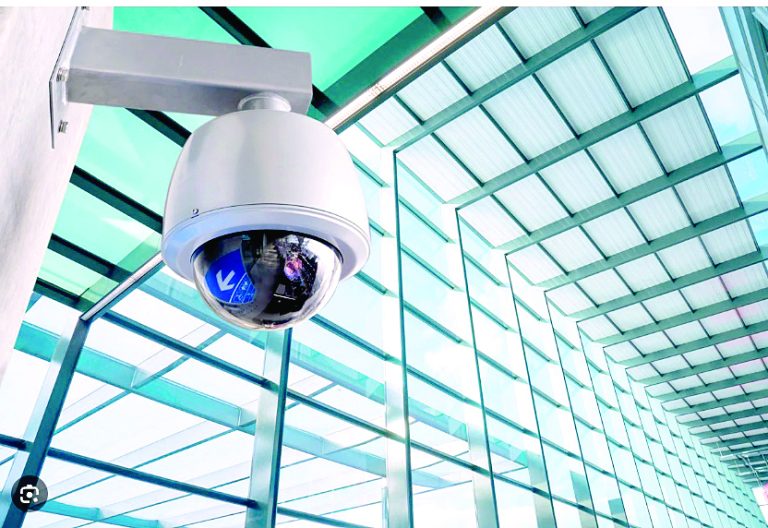How AI is reshaping local private security operations
By Faith Macharia, April 14, 2025Kenya’s private security sector has undergone significant transformation, evolving from traditional manned guarding services to tech-driven, intelligence-led operations.
Particularly in the last decade, the industry has shifted from a sector once dominated by baton-wielding watchmen and rudimentary patrols into a sophisticated, tech-enabled ecosystem shaped by global standards and digital precision.
During this period, many longstanding firms—once dominant in the market—have either scaled back, merged, rebranded, or exited entirely due to shifting market demands, rising operational costs, and evolving regulatory frameworks. One of the oldest and most recognised players, G4S, has operated in Kenya since the colonial era.
Despite its longstanding dominance, the company has faced increasing competition, labour-related challenges, and criticism over service standards. As a result, G4S has been compelled to modernise its operations and refocus on corporate and government contracts.
Another notable firm, Senaca, faced regulatory scrutiny in 2024, with its license briefly revoked. The case underscored the growing importance of compliance and the regulatory pressures bearing down on medium-tier security firms.
KK Security, a household name in Kenya’s security landscape, was known for its wide range of services including guarding, alarm response, and cash-in-transit.
In recent years, KK Security was acquired by GardaWorld, a global security giant.
The acquisition marked a clear transition from traditional practices to the integration of AI, smart surveillance, and comprehensive security systems.
This shift mirrors broader technological advancements and growing demands for safety, efficiency, and trust in an era marked by urban growth, evolving criminal threats, and heightened data vulnerabilities. Gone are the days of Securicor couriers and sleepy night guards. Today, artificial intelligence, real-time data analytics, and mobile technology are at the heart of modern security operations.
GardaWorld integrates surveillance, response, and intelligence through a centralised, high-efficiency command system that tracks and protects in real time. The result is faster response times, smarter deployment of resources, and ultimately, safer environments for clients.
Human decision-making
Rishi Ahluwalia, Country Director at GardaWorld Kenya, says the company’s shift toward AI-enabled services is not merely about technology—it’s about precision, trust, and accountability.
“AI enhances human decision-making and ensures threats are neither missed nor misread. When an alert comes in, our systems compute the fastest, safest route and instantly notify our field teams. The speed and accuracy are simply unmatched by manual processes,” he says.
Unlike human systems prone to fatigue or error, AI operates tirelessly, continuously scanning, learning, and improving. “AI doesn’t sleep,” Ahluwalia adds. “It amplifies our ability to protect with consistency and foresight.”
Security today is not just physical—it includes protecting data just as fiercely. Phillip Yogo, Head of Technology at GardaWorld Kenya, emphasises the company’s strict adherence to ISO standards and Kenya’s Data Protection laws.
“From surveillance footage to behavioural data, everything is managed under strict protocols,” Yogo says. In a world where digital breaches can be as devastating as physical ones, integrity in data handling is paramount.
Looking forward, GardaWorld is investing in more advanced technologies, including AI-integrated CCTV systems and a mobile roadside response app designed to enhance personal safety.
With one tap, the app shares a user’s live location with the NSOC, enabling the nearest response team to be dispatched—crucial in remote or rapidly unfolding situations. This evolution represents a shift from passive monitoring to proactive, responsive protection.
Yet, innovation comes with challenges. Kenya’s varied geography, from dense urban areas to remote arid regions, requires flexible approaches. In Northern Kenya, for instance, extreme climate conditions demand both technological and physical adaptability.
GardaWorld addresses this with specialised training, environmental resilience strategies, and robust equipment capable of enduring tough conditions.
